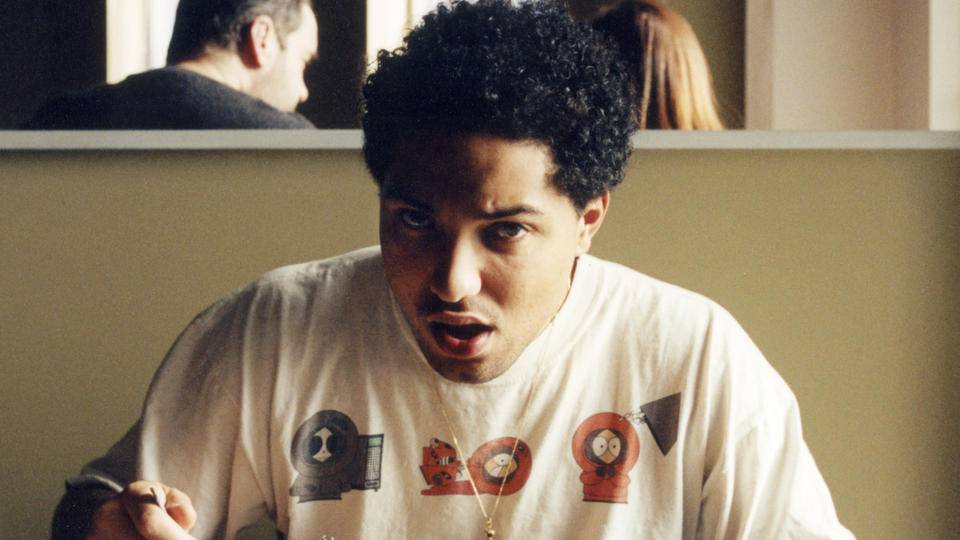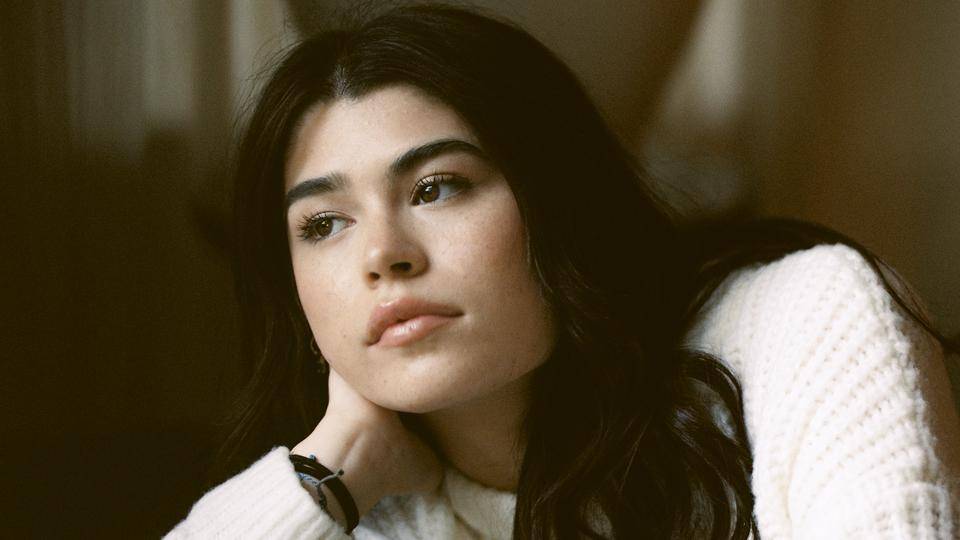Give A Girl An Education: How Amber Crowdfunded Her Schooling

Picture the scene. You’re 14 years old, preparing to take your GCSEs. You’re friendly, sociable and super independent. And then, suddenly, things aren’t so straightforward.
Almost overnight, you develop several mental illnesses, and are diagnosed with Chronic Anxiety & Panic Disorder. You stop being able to hang out with your mates, and as for school? You can’t even go, let alone engage with your lessons or looming exams.
Sounds rough, right? Well, that’s exactly what happened to Amber Kirk-Ford, a blogger and student from Norfolk. Her mental health meant that she found herself unable to attend school anymore, so she decided to take things into her own hands and ask for help, via crowdfunding and her incredibleGive a Girl an Education campaign. We spoke to Amber, and asked her all about the amazing impact of her fundraising...
Can you tell us a bit about the background of your amazing Give a Girl an Education Campaign?
Chronic Anxiety and Panic Disorder meant I had to leave school halfway through Year 9. I couldn’t handle being in that environment anymore and I was only coming in for a couple of hours a week maximum. With exams coming up, something needed to change, so my school funded my transfer to an online school called InterHigh that I could access from home. It was amazing and just what I needed! Unfortunately after my exams, my school was unable to continue funding my place, meaning I wouldn’t be able to go on to do my A Levels at InterHigh. My parents tried really hard to find the money, but weren’t able to cover the whole amount. Then it was suggested that I try crowdfunding. It was my only chance. I spent days making lists of things I could give to people in return for donations and working out the minimum amount I would need to raise.
What were your expectations when you launched the campaign?
I didn’t expect anything to come of it. We had four weeks to raise the £4,500 which would cover InterHigh fees for 2 years, the crowdfunding website’s fees, and payment processors’ fees. It seemed impossible. Surely that wasn’t enough time? And why would anyone want to give money to someone they’d never even met? I was ready to awkwardly watch people not care. But then… we raised the money in a week. Hundreds of people came forward and did what they could. It was completely mind-blowing and I am still so grateful.
What an amazing response! From your experience, do you think there’s enough support in schools for mental health?
When I told my mainstream school about what I was dealing with, they couldn’t have been more helpful. They did everything they could to make sure I was comfortable and supported, and going on to fund my GCSEs through InterHigh. However, I don’t recall ever being taught about mental health and this really needs to change, not only to support any students experiencing it but also to dent the stigma.
What do you think the best and worst things you can say to someone struggling with their mental health are?
I’m not sure what the best and worst things you can say are, but the worst thing you can do is to not listen or educate yourself on the subject. The best thing you can do for someone struggling with their mental health is to make sure they know that you are there for them. Listen to them, read about the illness they’re dealing with, be kind and help where you can. Understanding and empathy are so important.
Do you find mental health is something discussed in literature aimed at young people enough?
I don’t think so. Sometimes I’ll read a book and think, wow, everyone was so happy and carefree. How can that be right when 1 in 4 people will experience a mental health problem in their lifetime? I’m not saying every book should include it because sometimes it’s simply not at the forefront of the author’s mind or what they want to do with the plot, but we all have mental health. Two of my favourite books about mental health for young people are Finding Audrey by Sophie Kinsella and When We Collided by Emery Lord.
What effect does blogging and social media have on your mental health, if any?
When I got ill, pretty much the only thing I could do was blog. At the time, I wasn’t leaving the house or seeing friends and family, so I typed blog post after blog post, living through the words I put online. Social media was a huge help, too – it was the only way I was able to socialise. Gradually, I started trying to go out more because I knew I could film a video or write a good blog post about it. It sounds weird, but that was my motivation! Blogging and social media are amazing ways to connect.
Do you find other bloggers who talk about mental health helpful?
It makes me so happy when bloggers with big followings use their platform to talk about mental health. When I eventually built up the courage to watch Zoella’s video about anxiety, it was so helpful to know that someone so successful and constantly in the public eye was going through the same thing as me. Seeing her go to premieres and conventions made me realise that anxiety can be overcome – not all the time, but sometimes. With one video or blog post, millions of people across the world can be educated on mental health. How great is that?





